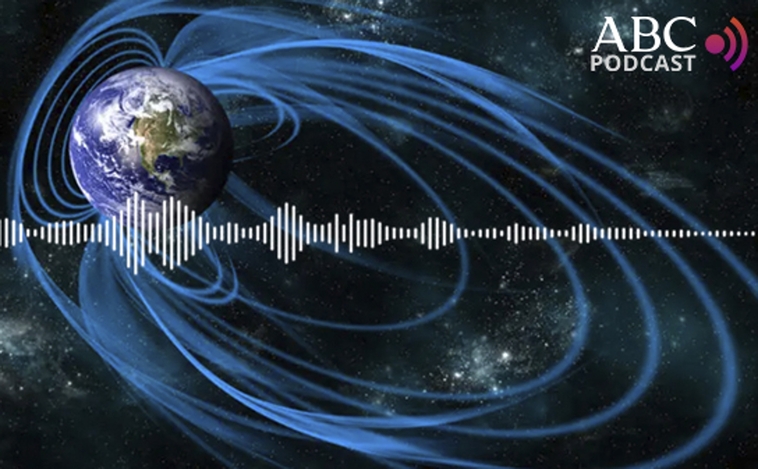abc podcast
dark matter
A new study proposes that when obscured particles of material are captured inside a star containing a planet and sink toward the center, many of them can 'bounce' back to the surface.


Scientists have been trying for years, without success, to find dark matter particles in the Universe, that 'other type' of matter that is invisible to our instruments because it does not emit any kind of radiation. However, we know that it does interact with 'normal', or baryonic, matter (that from which all planets, stars and galaxies are made) through gravity. That is, we know that dark matter is 'out there' because its gravity forces normal matter to move as we see it do. Without it, for example, the stars would not stick together in galaxies and would spread out into space.
Despite everything, scientists still believe that it is possible that, on occasion, some dark matter particles 'crash' into baryonic matter particles, causing a chain of reactions that can be observed. And a team of researchers made up of Rebecca Leane, from Stanford University in California, and Juri Smirnov, from the University of Liverpool, in Great Britain, has calculated how these cases affect the distribution of hidden material in celestial bodies. .
You can listen to all the episodes of Dark Matter on ABC.es and on the rest of your audio platforms.
Report an error
